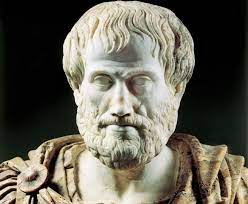A universal philosophy
Abstract: I construct a universal philosophical method starting from the act of knowing, through different binarisms: known/unknown, self/non-self —the interaction, within the mind, between representations of the self and the real; the former diverge from other self(s), the latter converge. How to fit all this into a single reality, especially with an inaccessible reality per … Read more









